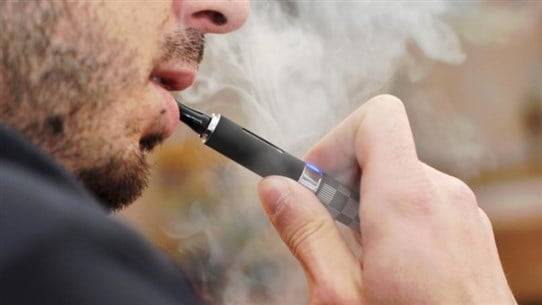Two studies, one on humans and the other on mice, found strikingly similar effects of traditional and electronic cigarettes on cardiovascular health. The damage to arteries is likely due to airway irritation from inhaling a foreign substance. The findings that connected the two studies were published today on the American Heart Association's website. They indicated that smoking both types of cigarettes causes endothelial dysfunction in blood vessels and hinders large blood vessels from opening sufficiently to supply the heart and other tissues with adequate blood.
Matthew L. Springer, the lead researcher of the studies and a professor of cardiology at the University of California, stated, “The impaired endothelial function due to cigarettes is not due to a specific component in tobacco, but rather from the nonspecific inputs from the airway.” There are thousands of chemicals in tobacco smoke, some of which are found in electronic cigarette aerosol, either as original components or as byproducts of chemical reactions when heated. Springer noted, “It is likely that all inhaled products have similar harmful effects on vascular function.” He pointed out that the lack of a specific toxin causing vascular impairment means that regulatory bodies cannot rely on banning certain components to avoid harmful effects from inhaled products. The study concluded that chronic use of electronic cigarettes physiologically and cellularly weakens endothelial function.




